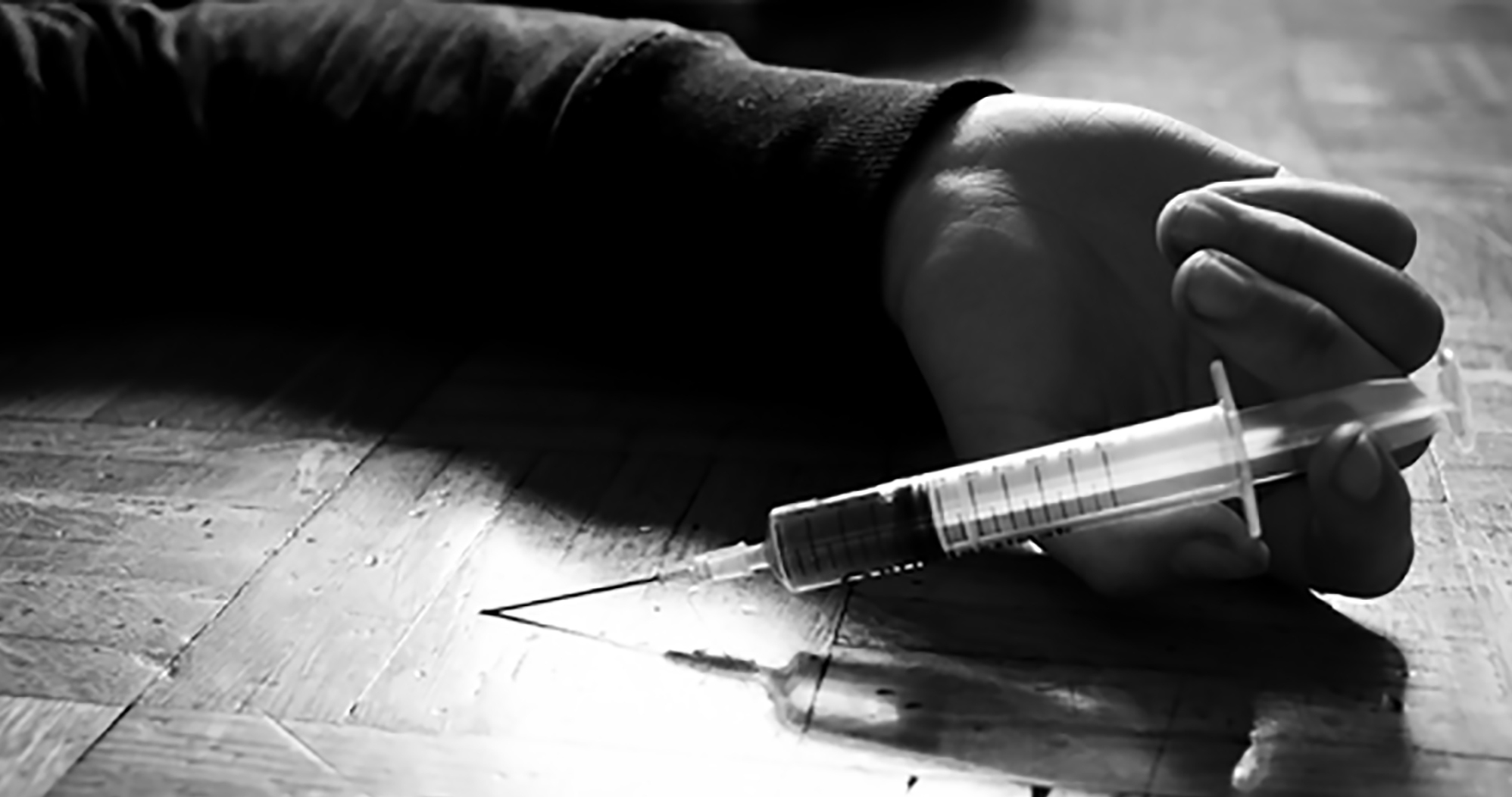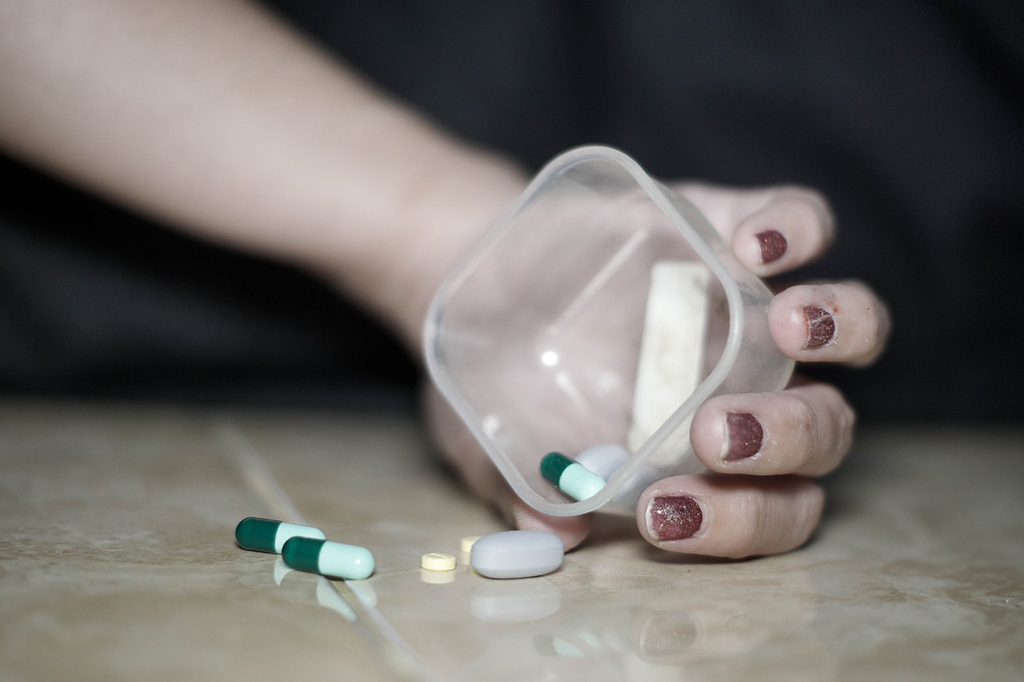Once you have decided to get help for alcohol or drug addiction, the next choice you will have to make is between residential addiction treatment and outpatient counselling. Each kind of programme has its own pros and cons. It is important to consider all aspects of the recovery process, along with your personal requirements, when selecting the right treatment approach to combat addiction.
What is Residential Addiction Treatment?
Residential addiction treatment, or inpatient addiction rehabilitation, requires a person to stay at the facility for the length of treatment. When a person checks into a resident programme, they are in a controlled environment where they can receive medical and emotional support 24/7. The average length of stay in a residential treatment programme is 28 days, though long-term residential treatment can last up to 90 days. The exact duration varies from person to person, depending on unique preferences and needs.
At the beginning of the recovery process, people who have become physically dependent on substances will go through a detox period before starting their addiction treatment. Some facilities have an onsite detox centre whilst others may require their patients to attend a standalone detox centre. Drug or alcohol detox can last up to seven days, and is often the hardest part of the recovery process.
What is Outpatient Addiction Treatment?
Unlike residential addiction treatment programmes, outpatient treatment centres lets participants live in their own home while they receive treatment. This structure allows them to keep working, going to school or fulfilling their other responsibilities. Recovering addicts attend individual and group therapy sessions on a weekly basis and the overall treatment that they receive tends to be less intensive than a residential alternative.
What are the Similarities between Residential Treatment and Outpatient Programmes?
Regardless of the type of treatment programme that you choose, the phases of treatment and even the treatment methods are usually the same. The main similarities between both types of treatment include:
- Required detoxification period for people who are physically dependent.
- Individual/group counselling and psycho-education.
- Behavioural therapy and psychotherapy are often the most important part of residential and outpatient programmes.
What are the Main Differences between Residential Addiction Treatment and Outpatient Programmes?
Even though there are some similarities between residential addiction treatment and outpatient programmes, there are also several differences.
Residence
Residential rehab provides patients with a place to stay for the entire duration of their treatment while outpatient programmes require a person to live at their own home and commute to the facility for their appointments.
Price
Residential programmes are all-inclusive, which means that accommodation, food, and extras tend to be covered in the fee. Outpatient programmes only cost as much as the treatment sessions, which usually makes them less expensive than residential treatment programmes.
Duration
The duration of a residential programme depends on several factors, though the average length of stay is 28 days. On the other hand, outpatient programmes can require a weekly commitment of up to 20 hours and usually lasts between two to four months.
Who Can Benefit from Outpatient Addiction Treatment?
Outpatient treatment can be a good option for high-functional addicts who would still like to keep up with their responsibilities while seeking help. There is much more freedom when it comes to outpatient treatment, though this tends to come at a cost for many. Being able to return to your home at the end of the day requires a lot of diligence in order to refrain from using substances.
When is Residential Addiction Treatment a Better Option?
There are some circumstances where residential addiction treatment is the better option than outpatient treatment. Some recovering addicts have made numerous attempts to get sober with outpatient programmes but end up falling back into their old patterns. Residential treatment offers a more intensive and structured treatment that may finally help a person achieve long-term sobriety.
Additionally, some people have been using drugs or alcohol for a long period of time and require onsite counselling and medical support in order to stop using in a safe and effective way. Lastly, addicts who have lost it all or feel that an intensive programme is the only way that they might achieve sobriety can benefit from signing up to a residential addiction treatment programme as soon as possible.
Choosing the Best Rehab Programme for You
Seeking help for an addiction is an incredibly important choice that should be carefully considered. It is important, to be honest with yourself and to think about your exact needs. Take some time to ask yourself if your environment plays a role in your addiction or if you have the discipline to refrain from substance abuse if you return home each day. It is also recommendable to discuss your thoughts with a professional or a loved one.
Remember that help is always available.
Contact The Dawn Rehab in Thailand
The Dawn Medical Rehab and Wellness Centre offers highly-personalised addiction treatment at a fraction of the cost of Western centres. Located in beautiful Chiang Mai, Thailand, The Dawn features an onsite detoxification centre and provides around-the-clock medical support. Online aftercare support is also available at no additional cost. If you or someone you love is facing a problem with addiction, contact The Dawn today.
Related Posts
 Inpatient vs Outpatient Rehab: The Ultimate Guide to Choosing the Right Treatment Option
When it comes to addiction treatment, there are realistically only two viable options that will give you a chance of success: inpatient and outpatient rehab. Attempting recovery alone almost never...
Inpatient vs Outpatient Rehab: The Ultimate Guide to Choosing the Right Treatment Option
When it comes to addiction treatment, there are realistically only two viable options that will give you a chance of success: inpatient and outpatient rehab. Attempting recovery alone almost never...
 The Process of Heroin Detox : What You Should Know About Heroin Detoxification, Withdrawal and Treatment
Starting the healing process after heroin abuse requires the elimination of heroin in the body through a process called detoxification, or detox for short. This initial step in the treatment...
The Process of Heroin Detox : What You Should Know About Heroin Detoxification, Withdrawal and Treatment
Starting the healing process after heroin abuse requires the elimination of heroin in the body through a process called detoxification, or detox for short. This initial step in the treatment...
 Mental Health Treatment: Long-Term Inpatient Care or Outpatient Therapy?
Making the decision to seek outside help for a mental health issue is an important first step. The next is determining which type of treatment is right for you. Moving...
Mental Health Treatment: Long-Term Inpatient Care or Outpatient Therapy?
Making the decision to seek outside help for a mental health issue is an important first step. The next is determining which type of treatment is right for you. Moving...
 Medical Detox: An In-Depth Guide
Deciding you have an alcohol or drug addiction and considering a medical detox is the first step towards taking your life back. The idea of quitting can feel overwhelming for...
Medical Detox: An In-Depth Guide
Deciding you have an alcohol or drug addiction and considering a medical detox is the first step towards taking your life back. The idea of quitting can feel overwhelming for...






